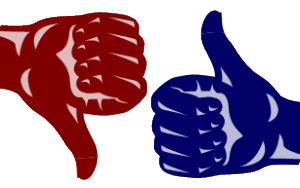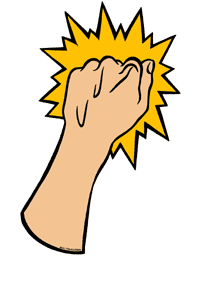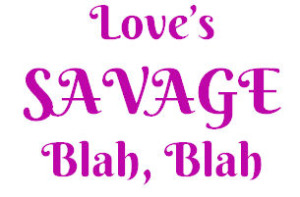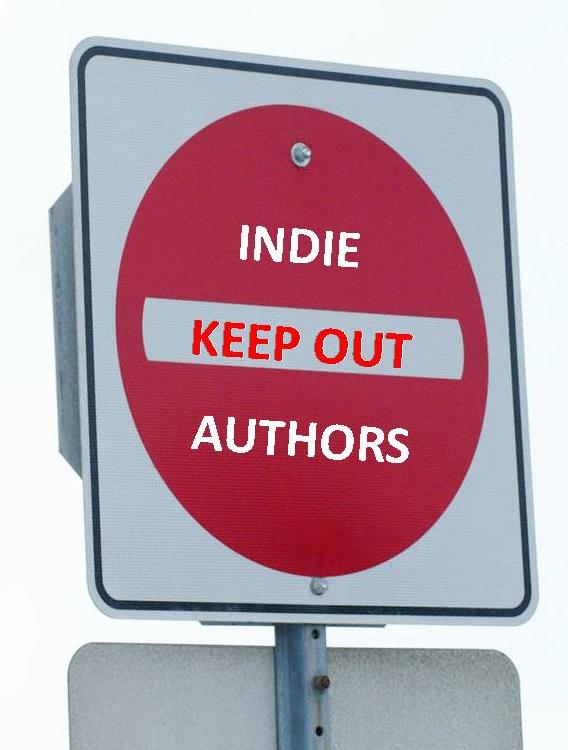 You’ve heard the snide comments. Self-published books are crap. They aren’t edited. They are amateur. They are not worth our notice. Many such comments were deserved. They still are in some cases.
You’ve heard the snide comments. Self-published books are crap. They aren’t edited. They are amateur. They are not worth our notice. Many such comments were deserved. They still are in some cases.
Most of these slurs came out of a time when the majority of so-called self-published books were put out by vanity presses that preyed on the desire of the unwary to have a book with their name on it. Often these books were written to share with friends and family, never intended for a wider readership. Continue reading “Changing Attitudes Toward Self-Publishing”

 Here at Indies Unlimited, we often engage in discussions about the advantages and disadvantages of being an indie versus being published by a traditional house. Just recently I talked about one major aspect,
Here at Indies Unlimited, we often engage in discussions about the advantages and disadvantages of being an indie versus being published by a traditional house. Just recently I talked about one major aspect,  Control: I believe that is the best aspect of self-publishing. Sure, in the discussions that rage endlessly across the internet about trad-publishing vs. self-publishing, the major issue always seems to revolve around money. Yes, we get better royalties when we self-pub. When my first book was published by a NY house, my royalty rate for the first 100,000 books sold was ten cents per book. You read that right: ten cents. After that, it “jumped” to twenty-five cents.
Control: I believe that is the best aspect of self-publishing. Sure, in the discussions that rage endlessly across the internet about trad-publishing vs. self-publishing, the major issue always seems to revolve around money. Yes, we get better royalties when we self-pub. When my first book was published by a NY house, my royalty rate for the first 100,000 books sold was ten cents per book. You read that right: ten cents. After that, it “jumped” to twenty-five cents.  The indie-author blogosphere (you didn’t know we had one, did you?) lit up this week with fallout from an article Hugh Howey wrote about the
The indie-author blogosphere (you didn’t know we had one, did you?) lit up this week with fallout from an article Hugh Howey wrote about the